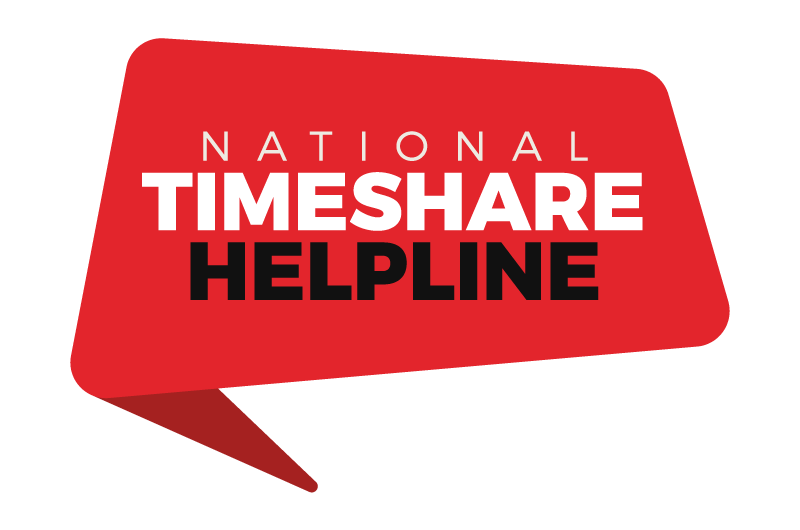
posted 20th June 2025
The term "timeshare fraud" is no exaggeration. In fact, it's become almost redundant—fraud is so deeply ingrained in the timeshare model that the two are virtually indistinguishable. From its inception, the industry has thrived on manipulation, deception, and systemic abuse of trust.
It starts with the bait: enticing consumers to attend presentations under false pretences—free holidays, prizes, or "no obligation" information sessions. But once through the door, the tone shifts dramatically. High-pressure sales tactics kick in, with carefully orchestrated "presentations" designed to wear down resistance and force snap decisions. These are not sales pitches—they are psychological sieges.

Among the most egregious misdeeds is the widespread mis-selling of timeshares as investments—an illegal practice that continues under flimsy legal camouflage. Contracts are riddled with legal traps and technical jargon.
Many buyers are told they can exit at any time or resell easily, only to later discover that these promises were fiction. Instead, they find themselves locked into lifetime commitments, often paying ever-increasing maintenance fees for properties they no longer use, want, or can afford.
What has evolved isn't the honesty of the business model—but the sophistication of the deceit. Today’s timeshare schemes rely on complex contracts, self-regulated sales tactics, and deep financial entanglements to stay one step ahead of scrutiny.

The scale of the operation and the money involved has attracted large institutions—including familiar names like Barclays Partner Finance, Shawbrook Bank, and Hitachi. These banks, far from acting as financial gatekeepers, have played a direct role in enabling and profiting from the mass mis-selling of timeshares to unsuspecting consumers.
Despite this, successive UK governments have done little to address the crisis. Regulatory bodies like the Financial Conduct Authority (FCA) and the Financial Ombudsman Service (FOS) have consistently failed to intervene with any real force. Their inaction has left thousands of British consumers exposed, many of whom were pressured into signing lifelong contracts they neither understood nor wanted.

It is only due to the work of companies such as ours—who have taken on the role that regulators refuse to fill—that any progress has been made in holding this industry and its enablers to account. Without this advocacy, the timeshare industry, backed by complicit banks, would still be operating unchecked, exploiting consumers without consequence.
If you need help cancelling your timeshare contract, claiming compensation or confirming the legitimacy of people who have contacted you out of the blue, get in touch.




